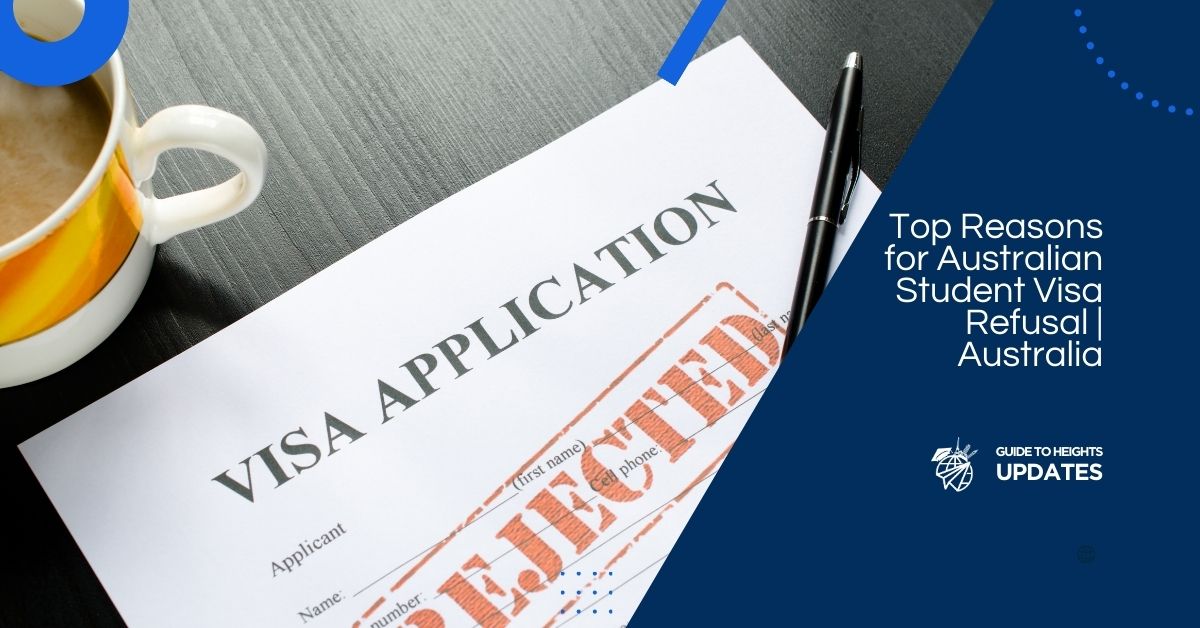Social work, a profession of immense societal impact, is highly regarded in Australia and globally. As Health Direct Australia acknowledges, social workers are crucial in supporting diverse groups like the elderly, people with disabilities, and family violence survivors. Their role in counseling and connecting individuals to essential services is pivotal for societal wellbeing.
Australia, recognizing the profession’s importance, includes social workers in its Medium and Long-term Strategic Skills List (MLTSSL). This recognition opens pathways for General Skilled Migration visas, including 189, 190, and 491 visas, leading to Australian Permanent Residency.
Educational Journey to Social Work
To become a social worker in Australia, completing a four-year Bachelor’s degree in Social Work is essential. Though registration isn’t mandatory, pursuing an Australian Skilled Visa is advisable for broader professional opportunities, especially for migrants.
Skilled Migration: Diverse Routes to Residency
Australia’s skilled migration program for social workers offers three visa options:
– 189 Visa (Skilled Independent): Based on a points system, requiring a minimum of 65 points.
– 190 Visa (State Nominated – Permanent Residency): Requires invitation by a specific state, with each having unique criteria.
– 491 Visa (Skilled Regional): A 5-year temporary visa leading to permanent residency through the 191 Visa after fulfilling certain conditions.
State Nomination: Regional Variations
State nomination criteria vary, with each state offering different prospects:
– NSW and VIC emphasize local residency and high points.
– SA favors international graduates working as social workers within the state.
– WA and ACT offer eased criteria and high demand.
– TAS uses an Attribute system for additional points.
Skill Assessment: Meeting AASW Standards
The Australian Association of Social Workers (AASW) outlines five essential criteria for a positive skill assessment:
1. Specific qualification in social work.
2. International recognition of the qualification.
3. Comparable learning outcomes to AASW-accredited programs.
4. At least 980 hours of field education.
5. English proficiency with an IELTS score of 7.0 in each band.
In Conclusion
Social workers have various skilled migration pathways in Australia, each offering unique opportunities. By understanding state nomination requirements and skill assessment criteria, aspiring social workers can successfully navigate their path towards a fulfilling career in Australia.
New Insights and Additional Information
– AASW’s Country Assessment Guidelines help applicants from specific countries understand skills assessment outcomes.
– Occupational cluster 2725 includes social workers who play a vital role in addressing social challenges.
– Key responsibilities include intermediation, resource evaluation, community service guidance, research, collaboration, and client assistance.
– Skill level corresponds to a bachelor’s degree or higher, with registration or licensing for certain roles.
– 272511 Social Worker is the specific occupation within this group.
This restructured content provides an updated and simplified overview of the social work profession in Australia, highlighting its significance, educational pathways, skilled migration routes, state nomination variations, skill assessment criteria, and the broader occupational context.




